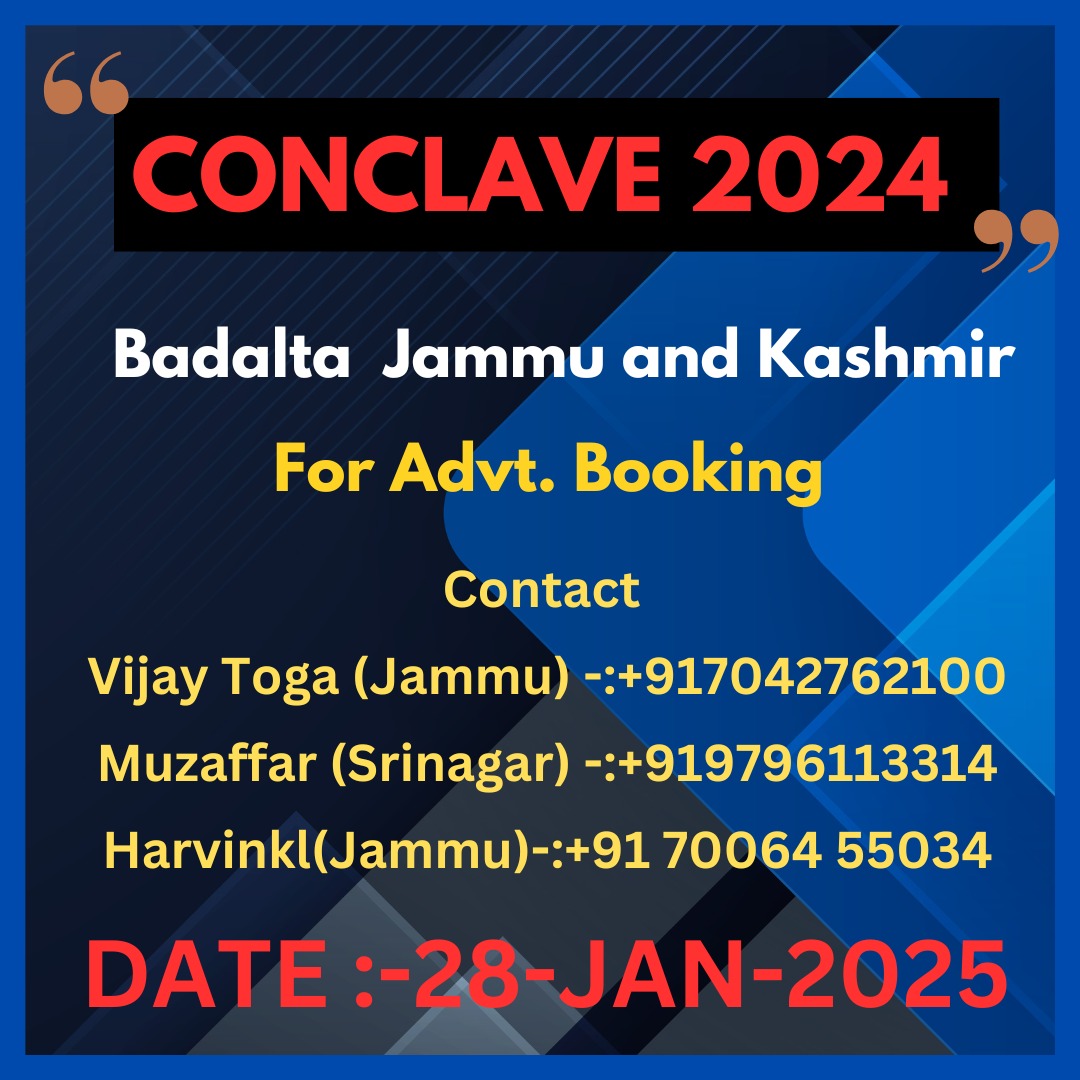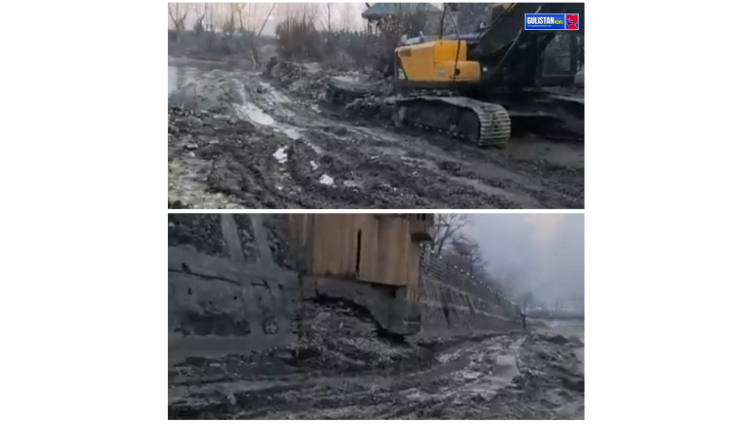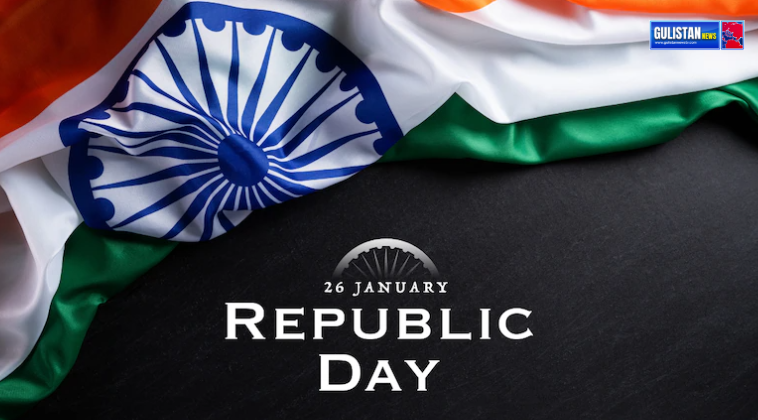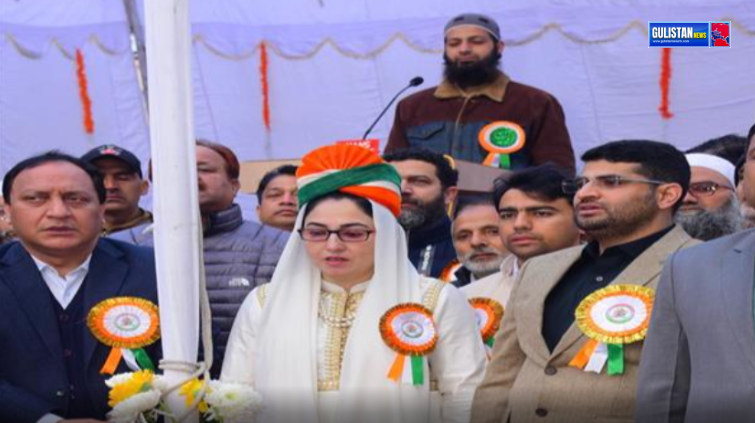The Unseen Battle for Coral Survival in the Face of Climate Change
In a groundbreaking discovery, researchers have unveiled the hidden role of single-celled microbes in determining the fate of coral survival amidst heat stress induced by climate change.
Unlike traditional heroes with capes, these microscopic saviors come in the form of certain microbes.
Led by senior author Javier del Campo, an adjunct professor at the University of Miami Rosenstiel School of Marine, Atmospheric, and Earth Science, and the Institute of Evolutionary Biology IBE: CSIC-UPF in Barcelona, the study marks a pioneering exploration into the world of non-algae microbes impacting coral resilience.
The international research team conducted extensive sampling of corals across the Mediterranean Sea, analyzing the bacteria dwelling within them. By sequencing two types of rRNA, they delved into the microbiome of the violescent sea-whip, a soft coral species, before subjecting the samples to heat stress experiments.
The findings revealed a microbial hero in the form of Syndiniales, a group of parasitic single-celled organisms. Corals hosting Syndiniales demonstrated increased survival capabilities during heat stress. However, every hero tale must have its villain, and in this narrative, Corallicolids emerged as the antagonists. These single-celled organisms, akin to the parasite causing malaria, were more prevalent in corals succumbing to heat stress.
Corals, vital components of marine ecosystems, face escalating threats from more frequent ocean warming events. The implications of this study are profound, as scientists worldwide seek innovative ways to shield coral from the devastating impacts of climate change. Understanding the intricate microbial dynamics offers a beacon of hope in prioritizing conservation efforts and safeguarding the delicate balance of marine biodiversity.









